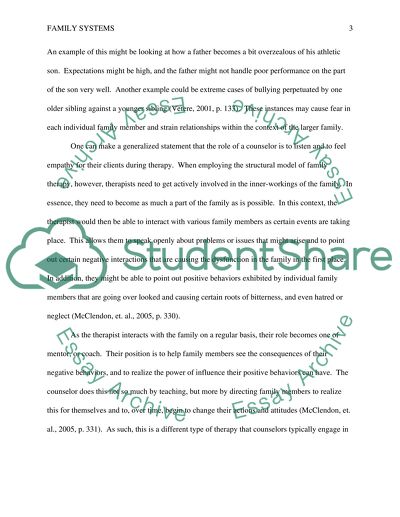Cite this document
(“Family Systems Essay Example | Topics and Well Written Essays - 1000 words - 1”, n.d.)
Family Systems Essay Example | Topics and Well Written Essays - 1000 words - 1. Retrieved from https://studentshare.org/psychology/1471678-family-systems
Family Systems Essay Example | Topics and Well Written Essays - 1000 words - 1. Retrieved from https://studentshare.org/psychology/1471678-family-systems
(Family Systems Essay Example | Topics and Well Written Essays - 1000 Words - 1)
Family Systems Essay Example | Topics and Well Written Essays - 1000 Words - 1. https://studentshare.org/psychology/1471678-family-systems.
Family Systems Essay Example | Topics and Well Written Essays - 1000 Words - 1. https://studentshare.org/psychology/1471678-family-systems.
“Family Systems Essay Example | Topics and Well Written Essays - 1000 Words - 1”, n.d. https://studentshare.org/psychology/1471678-family-systems.


